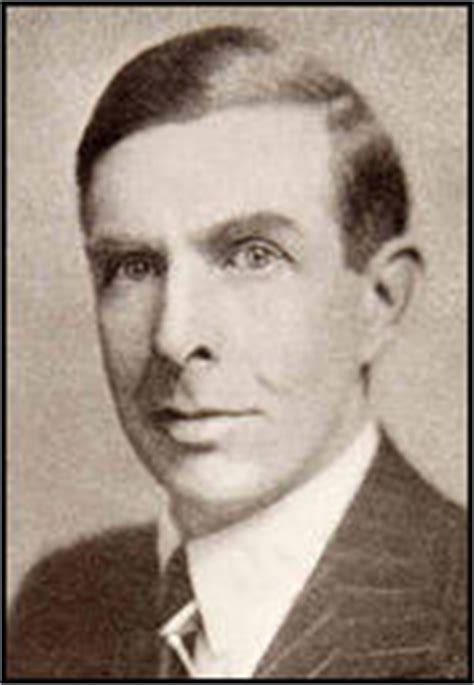A Quote by Willard Libby
True, the initial ideas are in general those of an individual, but the establishment of the reality and truth is in general the work of more than one person.
Related Quotes
When certain concepts of TeX are introduced informally, general rules will be stated; afterwards you will find that the rules aren't strictly true. In general, the later chapters contain more reliable information than the earlier ones do. The author feels that this technique of deliberate lying will actually make it easier for you to learn the ideas. Once you understand a simple but false rule, it will not be hard to supplement that rule with its exceptions.
Each pursues his private interest and only his private interest; and thereby serves the private interests of all, the general interest, without willing it or knowing it. The real point is not that each individual's pursuit of his private interest promotes the totality of private interests, the general interest. One could just as well deduce from this abstract phrase that each individual reciprocally blocks the assertion of the others' interests, so that, instead of a general affirmation, this war of all against all produces a general negation.
Maybe each human being lives in a unique world, a private world different from those inhabited and experienced by all other humans. . . If reality differs from person to person, can we speak of reality singular, or shouldn't we really be talking about plural realities? And if there are plural realities, are some more true (more real) than others?
General, your tank is a powerful vehicle It smashes down forests and crushes a hundred men. But it has one defect: It needs a driver. General, your bomber is powerful. It flies faster than a storm and carries more than an elephant. But it has one defect: It needs a mechanic. General, man is very useful. He can fly and he can kill. But he has one defect: He can think.
Every artist knows that there is no such thing as "freedom" in art. The first thing an artist does when he begins a new work is to lay down the barriers and limitations; he decides upon a certain composition, a certain key, a certain relation of creatures or objects to each other. He is never free, and the more splendid his imagination, the more intense his feeling, the farther he goes from general truth and general emotion.
In general, of course, a stranger who tries to get you into an automobile is anything but noble, and in general a person who quotes great American novelists is anything but treacherous, and in general a man who says you needn't worry about money, or a man who smokes cigarettes, is somewhere in between.





































